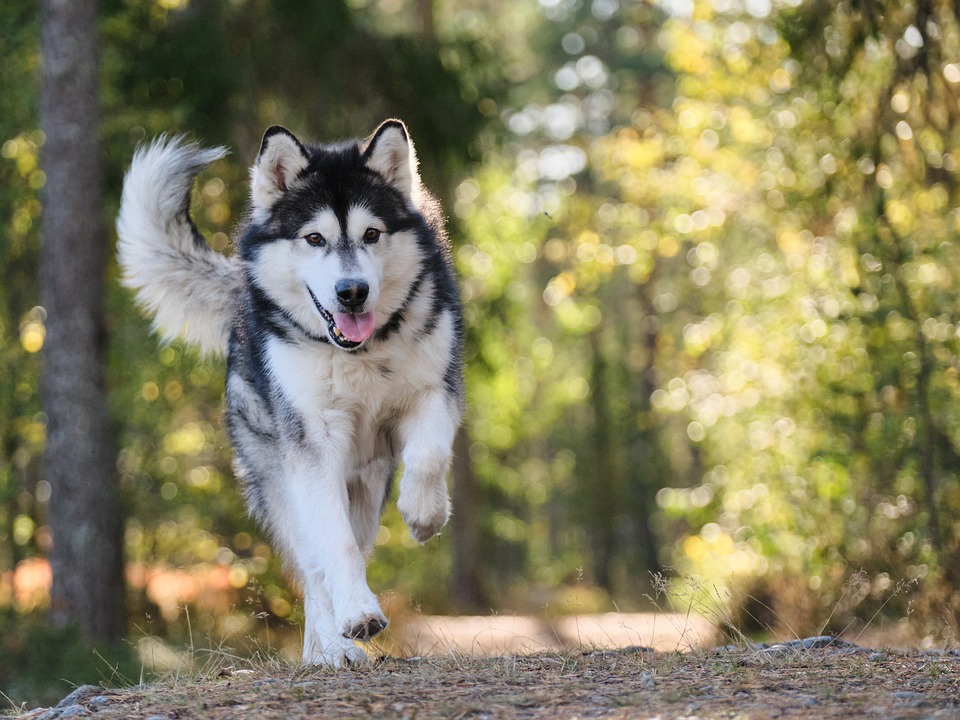**Title: How to Help Dogs Cope with Loud Noises: A Guide to Soothing Canine Anxiety**
**Introduction**
Dogs, like humans, can experience anxiety and stress when exposed to loud noises. Whether it’s thunderstorms, fireworks, or even construction sounds, these sudden and intense sounds can trigger fear and panic in our furry friends. As responsible pet owners, it is our duty to help our dogs cope with these loud noises and provide them with a safe and comfortable environment. In this article, we will explore effective strategies and techniques to help your dog overcome their fear of loud noises and answer frequently asked questions related to this issue.
**Understanding Canine Anxiety and Noise Phobias**
Canine anxiety and noise phobia are common conditions in dogs. Canine anxiety refers to a general state of unease, while noise phobia is a specific fear or aversion to loud sounds. Loud noises can have a profound impact on dogs, causing physiological and behavioral changes. Common signs of anxiety or fear in dogs exposed to loud noises include trembling, excessive panting, pacing, hiding, or attempting to escape.
**Creating a Safe Space for Your Dog**
Creating a safe and quiet area within your home can help your dog feel secure during loud noise events. Designate a specific room or area where your dog can retreat to when they feel anxious. Crates or dens can provide a sense of security and act as a safe haven for your dog. Additionally, using white noise machines or calming music can help drown out loud sounds and provide a soothing environment for your dog.
**Gradual Desensitization to Loud Noises**
Desensitization is a technique that involves gradually exposing your dog to the noise triggers that cause anxiety in a controlled and positive manner. Start by identifying the specific noise triggers for your dog, such as recordings of thunderstorms or fireworks. Then, create a step-by-step desensitization plan, gradually increasing the volume and duration of the recorded sounds. Pair the exposure to these sounds with positive experiences, such as treats or playtime, to help your dog associate the noises with positive outcomes.
**Implementing Counterconditioning Techniques**
Counterconditioning is another effective technique to help dogs overcome their fear of loud noises. It involves changing your dog’s emotional response to the noise triggers by associating them with positive experiences. Reward calm behavior during noise exposure with treats, toys, or other pleasurable experiences. Seek professional help from a certified dog behaviorist if needed, as they can provide expert guidance and support.
**Natural Remedies and Calming Aids**
Natural remedies and calming aids can also help reduce anxiety in dogs. Herbal remedies and supplements, such as chamomile or lavender, may have calming effects. Calming pheromone diffusers and sprays mimic the pheromones produced by nursing mother dogs and can help create a sense of security. Thundershirts and anxiety wraps provide gentle, constant pressure that can help reduce anxiety in dogs.
**Frequently Asked Questions (FAQs)**
1. **Q:** How do I know if my dog has a noise phobia?
**A:** Look out for signs such as trembling, excessive panting, pacing, hiding, or attempting to escape when exposed to loud noises. Consult a veterinarian for a proper diagnosis.
2. **Q:** Can I prevent my dog from developing a noise phobia?
**A:** While some dogs may be more prone to anxiety, early socialization, exposure to various sounds, and positive experiences can help prevent or minimize noise phobias.
3. **Q:** Is punishment an effective way to stop my dog from reacting to loud noises?
**A:** No, punishment can worsen anxiety and fear. Instead, focus on positive reinforcement, desensitization, and counterconditioning techniques.
4. **Q:** Are there any medications available to help dogs with noise phobias?
**A:** Your veterinarian may prescribe anti-anxiety medications or sedatives to help your dog cope with severe noise phobias. However, these should be used under professional guidance.
5. **Q:** Can I use earplugs or earmuffs to protect my dog’s ears during loud noises?
**A:** It’s generally not recommended to use earplugs or earmuffs on dogs, as they may cause discomfort and potentially increase anxiety. Consult with a veterinarian for alternative ear protection options.
**Conclusion**
By understanding the underlying causes of their anxiety, creating a safe environment, and implementing gradual desensitization and counterconditioning techniques, we can help our beloved dogs cope with loud noises. Remember, each dog is unique, and it may take time and patience to find the right approach for your furry friend. If the anxiety persists or worsens, it is always advisable to seek professional help from a qualified dog behaviorist or veterinarian. With your support and proper guidance, your dog can overcome their noise phobia and live a happier, more relaxed life.









